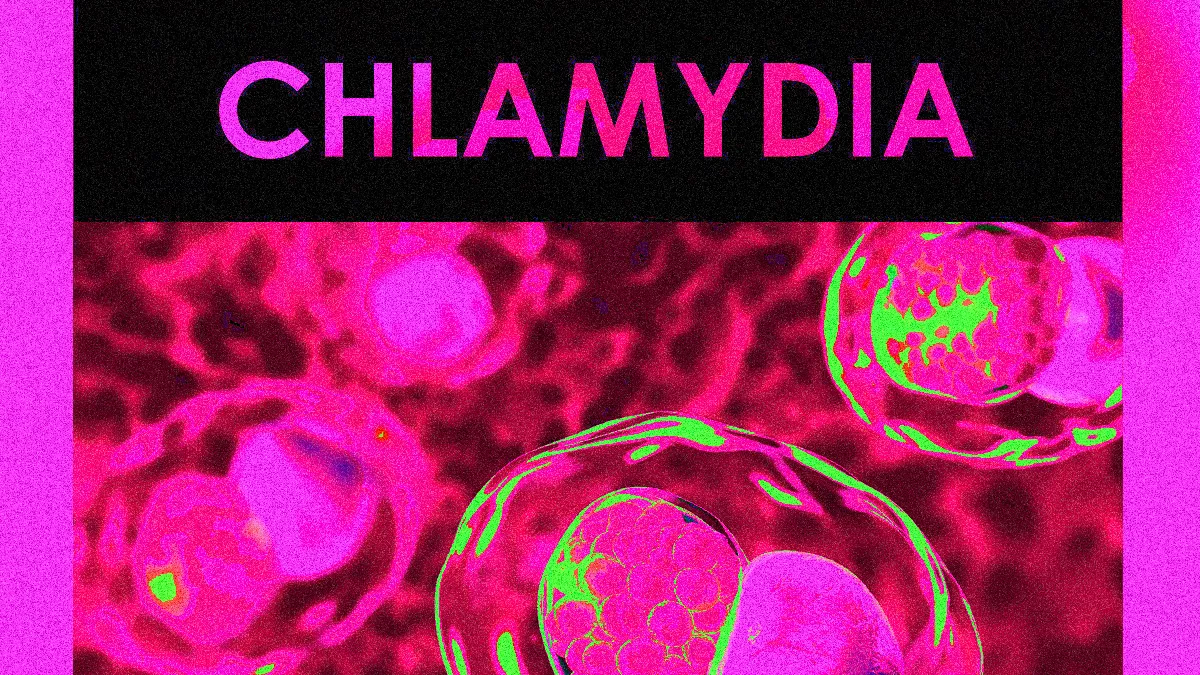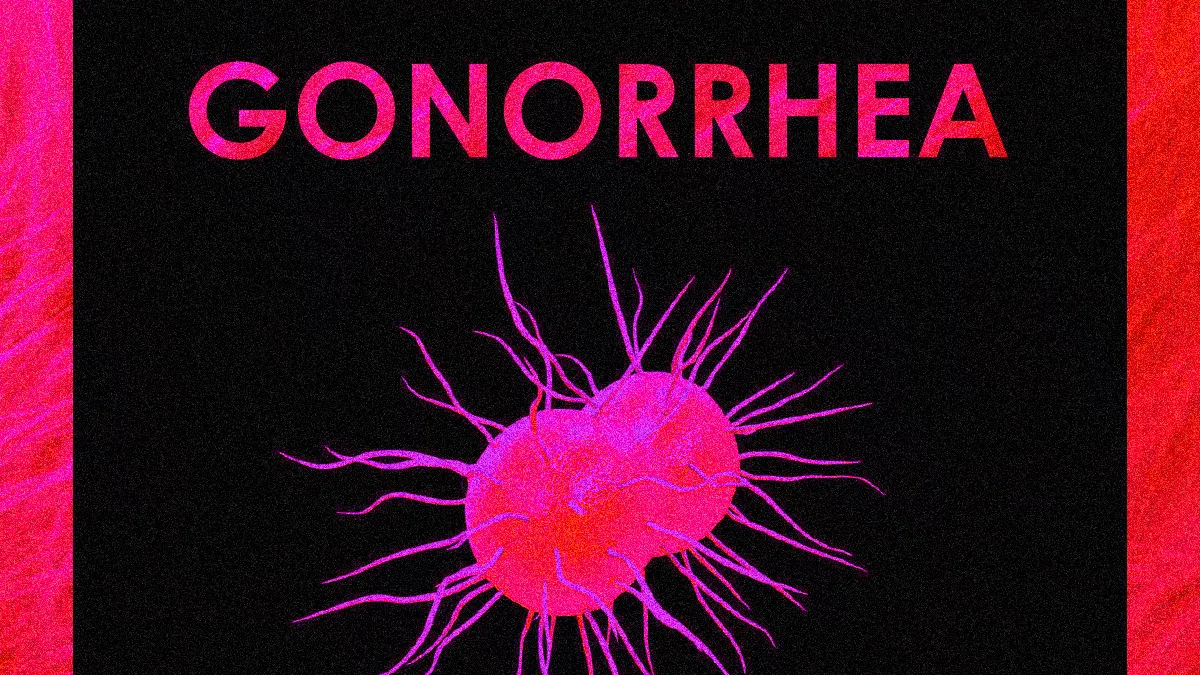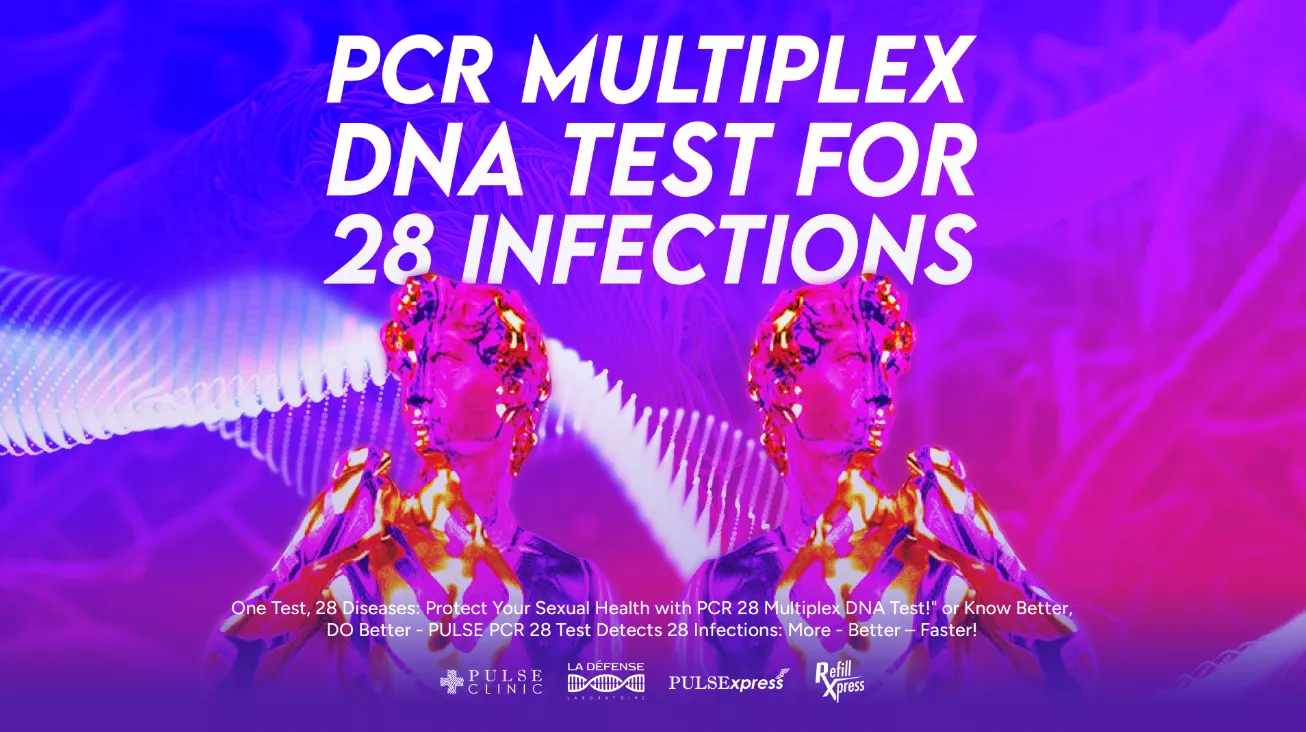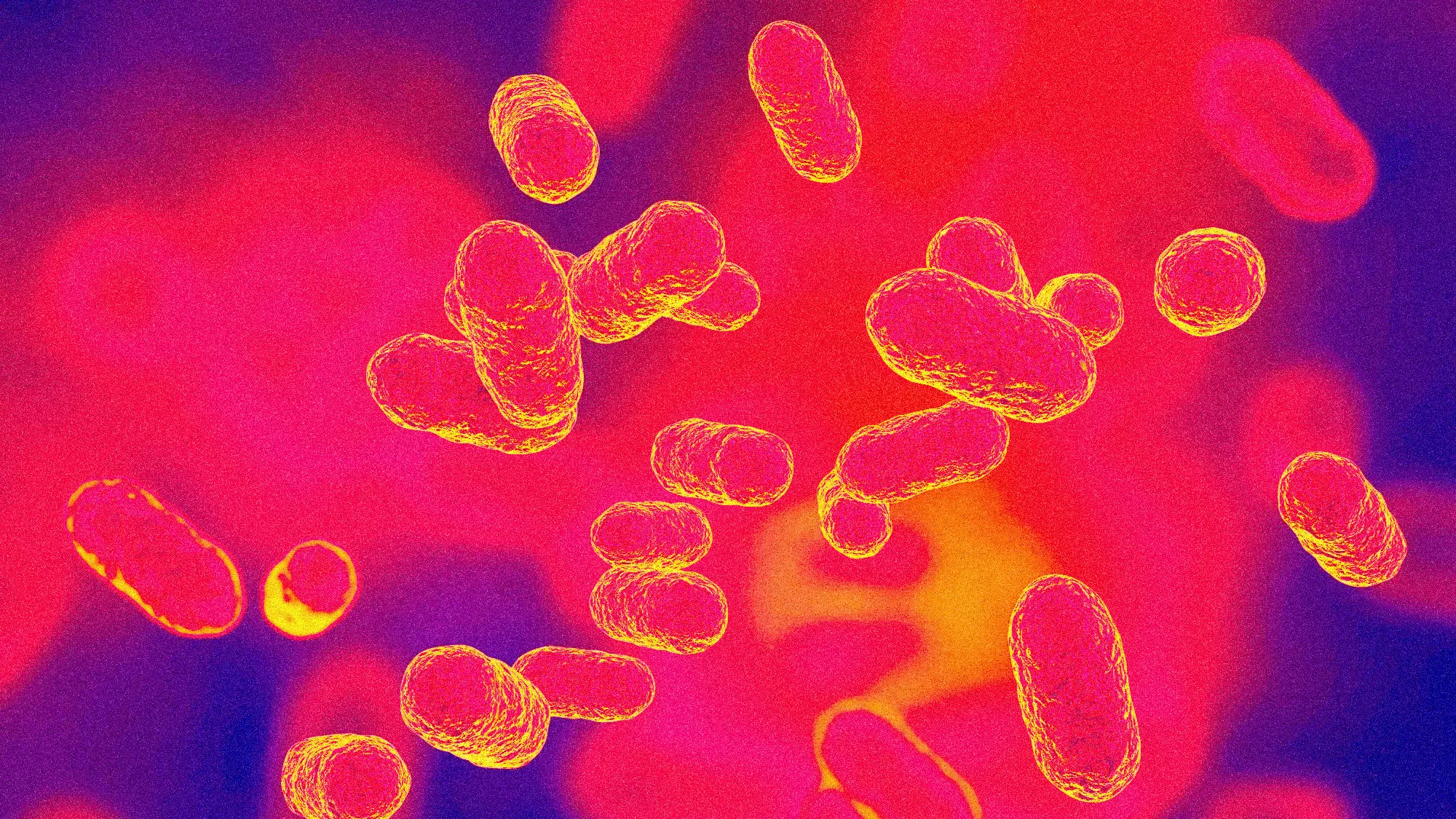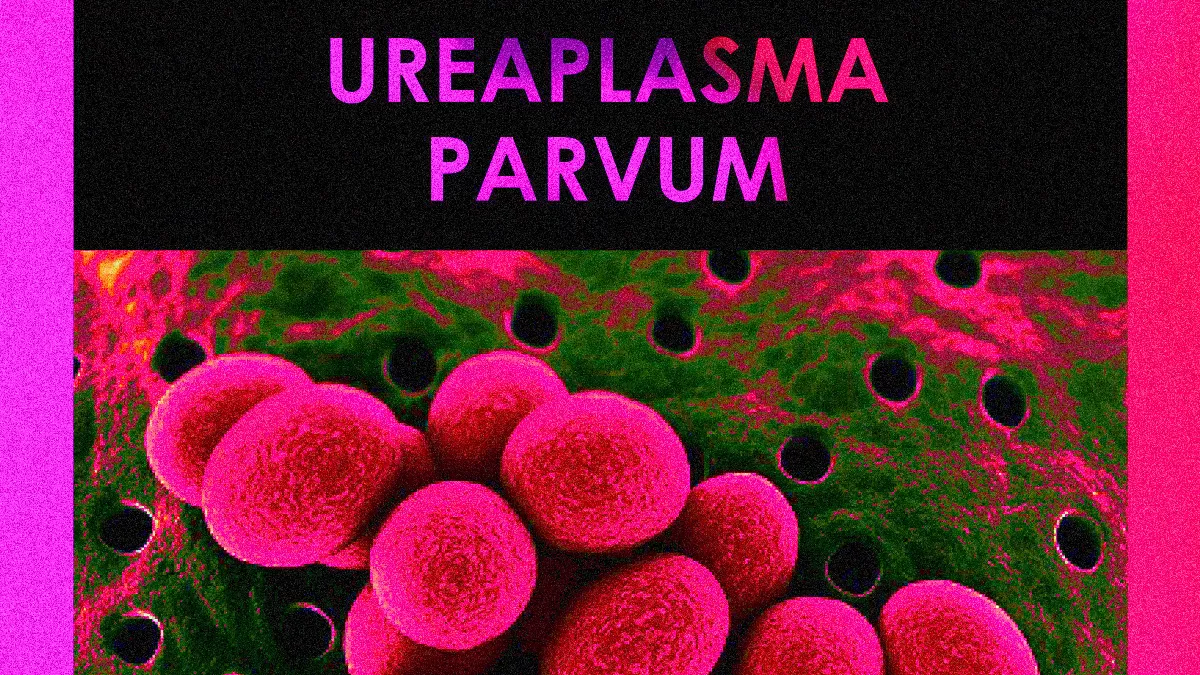Candida parapsilosis (CP) Infection - Symptoms, Complication, Testing and Treatment
1574
Candida parapsilosis is a yeast that can infect immunocompromised individuals. Discover its risks and treatment options.
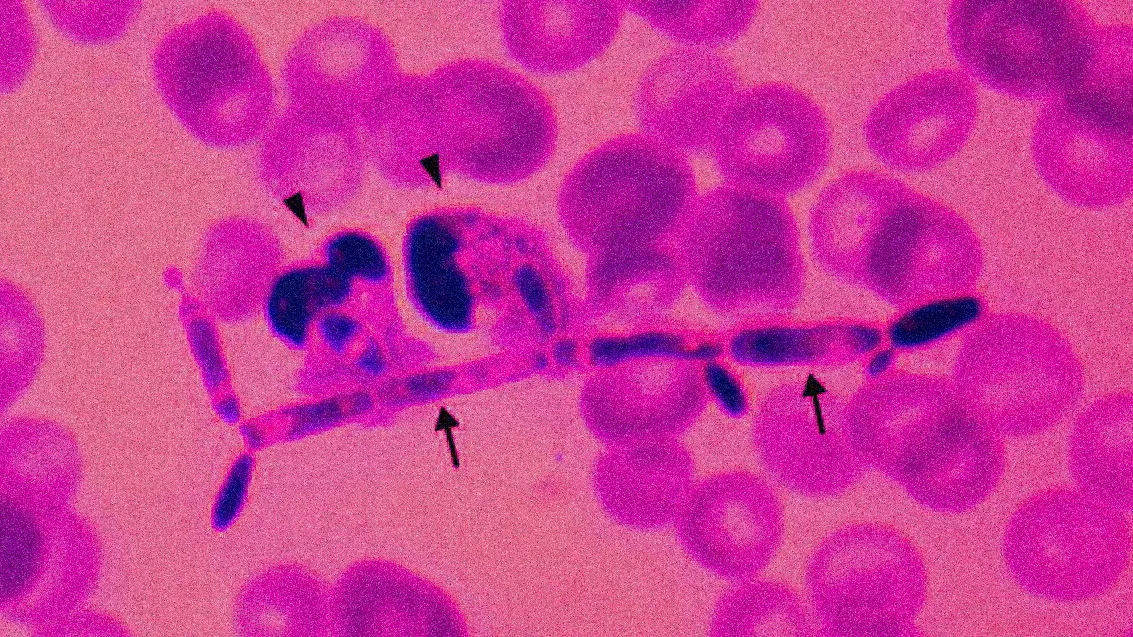
What is Candida parapsilosis?
Candida parapsilosis, or C. parapsilosis, is a type of yeast that can cause infections in humans. It is one of the many species of Candida that can lead to fungal infections. C. parapsilosis is commonly found on the skin and in the gastrointestinal tract of healthy individuals without causing any harm. However, under certain circumstances, such as having a weakened immune system or using medical devices like catheters, C. parapsilosis can cause invasive infections.
Get Tested and Treated for Candida Parapsilosis at PULSE Clinic
Contact us at info.bkk@pulse-clinic.com or chat on your preferred platform:
![]() +66 65 237 1936
+66 65 237 1936  @PULSEClinic
@PULSEClinic ![]() PulseClinic
PulseClinic
The most common modes of transmission include:
Hands of Healthcare Workers: Candida parapsilosis can be transmitted from the hands of healthcare workers who come into contact with infected individuals or contaminated surfaces. Poor hand hygiene practices can contribute to the spread of the yeast.
- Medical Devices: Candida parapsilosis can colonize medical devices like catheters, intravenous lines, and prosthetic devices. If these devices become contaminated, they can serve as a source of transmission.
- Mother-to-Child Transmission: In rare cases, Candida parapsilosis can be transmitted from an infected mother to her newborn during childbirth.
Is Candida parapsilosis and STI?
Regarding whether Candida parapsilosis is a sexually transmitted infection (STI), it is important to note that it is primarily transmitted through person-to-person contact and is not considered a typical STI.
While Candida species, including Candida parapsilosis, can cause genital infections such as vaginal yeast infections in women and balanitis in men, these infections are generally not classified as STIs. Candida parapsilosis infections in the genital area can occur due to various factors, including imbalances in the local microbial environment, compromised immunity, or other underlying conditions.
It's worth mentioning that sexual activity can potentially contribute to the spread of Candida species in the genital area, especially in cases where one partner has an active infection. However, sexual transmission is not the primary mode of transmission for Candida parapsilosis infections.
What are the symptoms of Candida parapsilosis infections?
The symptoms of Candida parapsilosis infections can vary depending on the type and location of the infection. Here are some common symptoms associated with different types of Candida parapsilosis infections:
Skin infections: C. parapsilosis can cause skin infections, typically in moist or prone to friction, such as skin folds or areas under medical devices. Symptoms may include redness, itching, rash, and irritation.
Oral infections: Candida parapsilosis can cause oral thrush, characterized by the presence of creamy white patches on the tongue, inner cheeks, or the roof of the mouth. The patches may be painful and may bleed if scraped.
Genital infections: Infections in the genital area can cause symptoms such as itching, redness, swelling, and a white, cottage cheese-like discharge in women. Men may experience redness, itching, and a rash on the penis.
Invasive candidiasis: When Candida parapsilosis enters the bloodstream or spreads to other organs, it can cause invasive candidiasis. Symptoms of invasive candidiasis can vary depending on the affected organ or area of the body. Common symptoms include fever, chills, fatigue, muscle aches, and pain at the site of infection. If the infection reaches the heart, it may cause symptoms like shortness of breath, chest pain, and an irregular heartbeat. Invasive candidiasis that affects the central nervous system can lead to symptoms such as severe headache, confusion, and changes in mental status.
It's important to note that the symptoms of Candida parapsilosis infections can overlap with other conditions, so a proper diagnosis by a healthcare professional is necessary to confirm the infection. Individuals with weakened immune systems or underlying health conditions may exhibit more severe symptoms or complications.
Window Period of Candida parapsilosis Infection
Typical Duration: The window period for Candida parapsilosis infections can vary, but generally falls within the following time frames:
Immediate Onset: Symptoms may manifest relatively quickly, often within 1 to 2 weeks after exposure, especially in immunocompromised individuals or those with invasive medical devices (like catheters) that can facilitate infection.
Varied Presentation: In some cases, symptoms can take longer to develop, depending on the individual’s health, immune response, and the presence of other underlying conditions.
Site of Infection: The site of infection significantly impacts the window period:
- Bloodstream Infections (Candidemia): Symptoms may develop within a few days to weeks and often present as systemic signs like fever and chills.
- Localized Infections: Infections in specific areas, such as the skin or mucous membranes, may have different onset times depending on the site and individual factors.
Trust PULSE CLINIC to take care of your health like other 45000 people from over 130 countries. We provide discreet professional service with high privacy. Here to help, not to judge.
PCR Testing Candida Parapsilosis Infections
The PCR test for Candida parapsilosis infections is a sensitive and specific molecular diagnostic technique used to detect the presence of Candida parapsilosis DNA in clinical samples. It amplifies specific regions of the yeast's genetic material to identify and confirm the presence of the pathogen. The test helps in the accurate and timely diagnosis of Candida parapsilosis infections, enabling appropriate treatment decisions and prevention of further spread. The test is performed on various clinical samples, depending on the suspected site of infection, and requires specialized laboratory equipment and trained personnel.
PULSE Teleconsult: Connect with Doctors Anytime, Anywhere!
Sometimes you might not be able to go to a STD clinics when you have concerns about your health. PULSE now offers PULSE Telemedicine & Teleconsult, enabling both new and existing patients to connect with doctors from 16 branches across 6 countries during clinic hours for non-emergency consultations. After the consultation, medications are delivered directly to the patient's doorstep.
3 Easy Steps to Get a Teleconsult with PULSE!
- Connect with us Either on Whatsapp, Line App to Chat with us or call us to talk with our staff to request teleconsult
- Verification & Consultation Our team will guide you through the verification process before your online consultation. Our doctors provide virtual consultations via available platforms, just like a traditional visit—only from the comfort of your home! Access care anywhere, anytime.
- Get Your Treatment From Home! If your doctor determines that medication is necessary, they will provide you with a medical certificate and prescription. Your medication can be delivered to your address through our online delivery service, or in some cases, you may choose to use the prescription at a local pharmacy. For certain conditions, further lab tests may be required, and the doctor may recommend scheduling an appointment at one of our clinics near you!
Test of Cure After Treatment with Our Teleconsult Services: Ensuring Complete Recovery
After completing treatment through our teleconsult services, your doctor may recommend a PCR test as a follow-up test of cure. This is to ensure the effectiveness of the treatment and that the prescribed medication has successfully eliminated the infection. We prioritize your health by confirming that no infection remains in your system, helping to prevent persistent or recurrent infections, complications, or the development of drug resistance. Typically, this test is performed around three weeks after your final day of treatment to ensure optimal results.
Teleconsult is now available for booking through our staff at PULSE Clinic. Our team will help guide you through the process to ensure your session with one of our doctors goes as smoothly as possible for you. Contact us at info.bkk@pulse-clinic.com o/ๅr chat on your preferred platform:
![]() +66 65 237 1936
+66 65 237 1936  @PULSEClinic
@PULSEClinic ![]() PulseClinic
PulseClinic
Treatment for Candida parapsilosis infections
The treatment of Candida parapsilosis infections involves antifungal medications administered topically, orally, or intravenously, depending on the type and severity of the infection. Antifungal drugs like fluconazole, amphotericin B, caspofungin, and micafungin may be used. In the case of vaginal infections, various forms of antifungal medications, including oral pills, suppository capsules, or topical treatments, can be prescribed.
Add us on Line and stay in touch.
Loading...
Clinic Locations
Loading...



